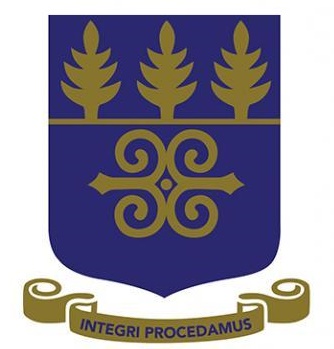HIST 334 3 Credit Hours
Women in History
This information is for second semester 2017/2018 academic year
Teacher responsible
Dr. C. Amoah-Boampong
Office: Room 11, Department of History
Office Hours: Wednesdays, Time: 9:00 am – 11:00 am
Availability
This course is available open to all visiting students but only as a second semester course.
Course content
This course focuses on African women’s history and the constructed nature of gender roles, using perspectives from women’s studies. We will examine how the notions of sexuality, class, race, marriage, disease, generation, and ethnicity shaped the historical experiences of African women and the historical constructions of gender in the workplace, communities, and households across time and space. How did social institutions like the family or the government maintain, enforce, and produce gender? How did gender constructions affect the lives of women and the possibilities for change and empowerment? To make this course more accessible we will employ several themes as filters for the vast body of information that constitutes African women’s history.
Teaching
The course is taught through lectures, class discussion and weekly tutorials to enhance students’ understanding of topics treated.
Formative coursework
The class will consist of a combination of two-hour lectures and one-hour discussion sessions each week. The course is delivered in an interactive manner and students are required to make meaningful contributions. Unannounced reading quizzes are an integral part of this class. Each week students will be required to lead class discussions on a preassigned topic. Each discussion leader must come to class with a comprehensive summary of the assigned reading and a copy of their power point outline. This is a graded activity.
Indicative Reading
Wainaina Binyavanga, “How to Write about Africa.”
Niara Sudarkasa, “The Status of Women in Indigenous African Societies,” from Readings in Gender in Africa (2005), 25-3.
Nwando Achebe and Bright Teboh, “Dialoguing Women,” in Africa After Gender? (2007), 63-81.
Excerpts from Edna G. Bay, Wives of the Leopard: Gender, Politics and Culture in the Kingdom of Dahomey, 1-80.
Wendy Urban-Mead, “Dynastic Daughters: Three Royal Kwena Women and E.L. Price of the London Missionary Society, 1853-1881” in Women in African Colonial Histories (2002), 48-70.
Sean Hawkins, “The Women Question”: Marriage and Identity in the Colonial courts of Northern Ghana, 1907-1954 in Women in African Colonial Histories (2002), 116-143.
Victoria Tashjian and Jean Allman, “Marrying and Marriage on a Shifting Terrain:
Assessment and Grading
The following assignments are the course requirements:
- Attendance- 5 %
- Interim Assessment (Presentation) - 20%
- Research Paper- 10%
- Final Examination- 70 %
Reading quizzes are an integral part of this course. Be Prepared.
Grading Scale:
Breakdown of grades is as follows:
80- 100 = A 75-79 = B+
70-74 = B 65-69 = C+
60-64 = C 55- 59 = D+
50-54 = D 45- 49 = E
0 - 44 = F

